Why I Like Play Based Preschools
This post may contain affiliate links.
What is the best kind of preschool, early childhood education, for your child? Because, believe it or not January is the time to register for preschool. You want to understand different preschool styles which is a good fit for you. You will also want to know how to tell if it’s a quality preschool. And, I want you to know why I recommend you try a play based preschool.
According to the U.S. Department of Education, “children in high-quality preschools display better language, cognitive and social skills than children who attend low-quality programs.” The National Institute for Early Education Research (www.nieer.org) adds that “the majority of preschool programs in the United States are not judged as good, with many rated far below that.”
I wrote an for Colorado Parent magazine about the different types of preschools. It should be a good introduction to the difference between Waldorf, Montessori, Play-based, Reggio Emilia, Co-op and British Primary.
After doing research for the article, it seemed that a high-quality, play-based preschool was where I wanted to send my kids.
Play-Based Preschools
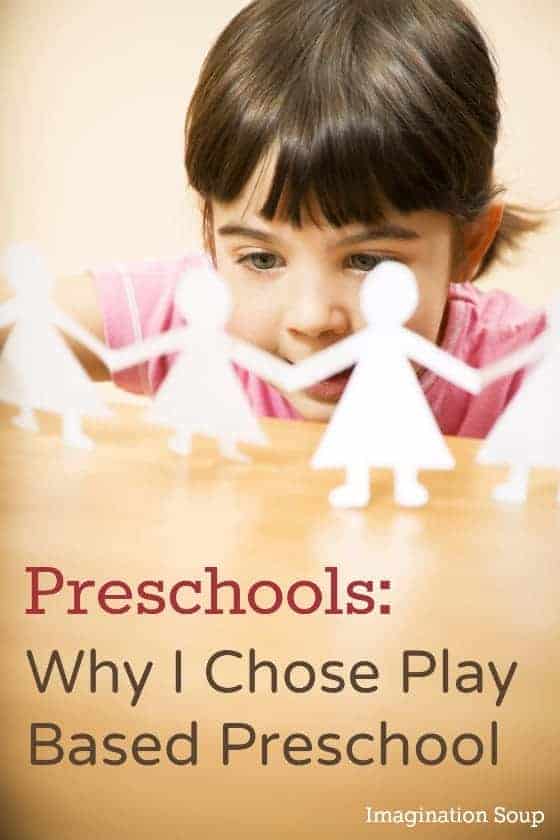
PLAY-BASED PRESCHOOLS
Benefits of a play based preschool:
Language Development: Socio-dramatic play (pretending) improves children’s vocabulary. If a child is playing he or she is a doctor or a mechanic, he or she will use words and mannerisms to embody that role. In good preschools, the child will be supported with new vocabulary and background knowledge for the play scenario.
Problem Solving: Playing with other children not only develops social skills but problem solving skills as well. As a child seeks to cooperate within the play scenario, he or she must learn to compromise and find solutions to maintain the play.
Self-regulation: Self-regulation is the biggest indicator of future education success. It’s the ability to control one’s impulses, to focus attention. In play it’s the successful ability of the “castle guard” to stand still and guard the castle for ten minutes versus asking a kid to stand skill for ten minutes for no playful reason and watching him fail.
I interviewed Vygotskian researcher Elena Bodrova of McRel here in Denver, Colorado about how a parent can tell if the preschool is a good play-based preschool. (She and Debbie Leong wrote a great book for preschool educators called Tools of the Mind which is a great play-based curriculum guide.) Bodrova said she usually sees three scenarios:
“[1]A free for all,
[2]actually academic activites made into games and drilled, or
[3]intentional make-believe play with roles, play scenarios where children interact with each other .”
A true play-based preschool is the third.
Bodrova adds, “If you see a kitchen in September and it’s still a kitchen in May, you aren’t going to get intentional, make-believe play.” When she told me this, I had a child in a local preschool and yes, it had a kitchen all year. It really made me take a closer look at the program and decide to switch.
Incidentally, there’s a lot of research about play in the report The Crisis in Kindergarten from the Alliance for Childhood by Edward Miller and Joan Almon. As you know I’m well aware of this issue this year because of my own daughter’s kindergarten experience. I think you’ll want to read this report; it’s really well done and sort of frightening.
It’s clear from years of research that play based learning is how children learn — not academic learning. Yet, schools are increasing the didactic teaching, worksheets, no choice time, no water tables, no blocks, and rejected thoughtful play based learning.
Stay strong, friends – do what’s best for your children and save the academics for when they are developmentally appropriate for a child’s brain, not in preschool.
WHAT KIND OF PRESCHOOL DO YOU PREFER AND WHY?
High Quality Early Childhood (Preschool) Environments
Flashcards or Fingerpaints?

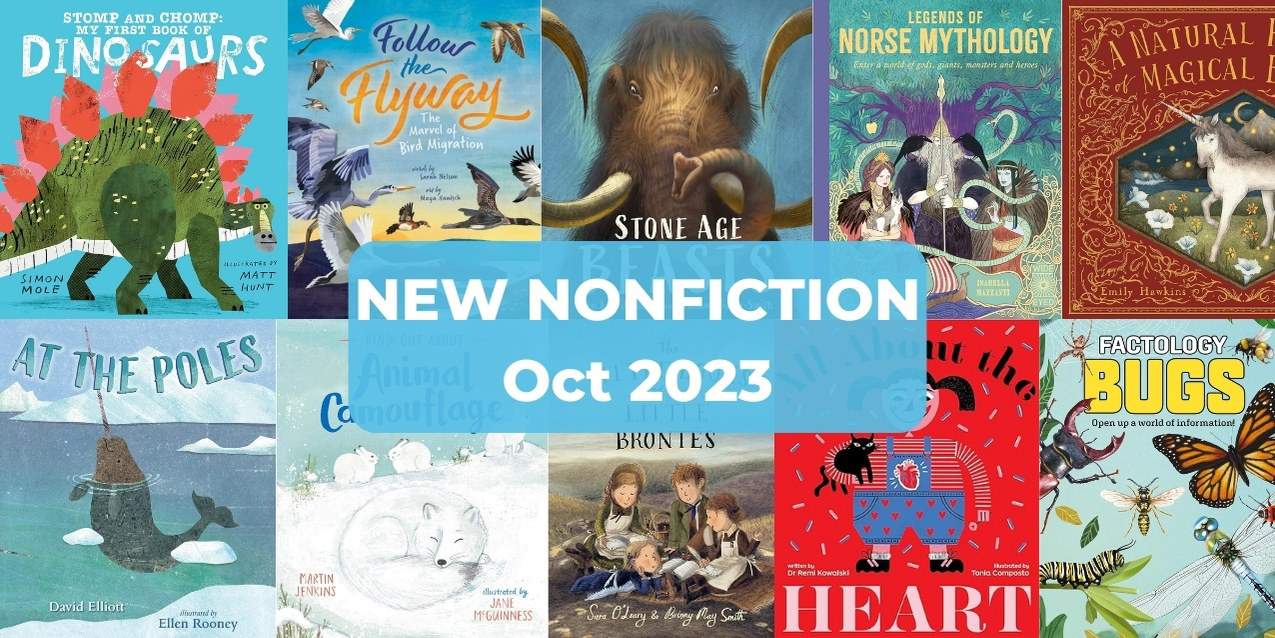
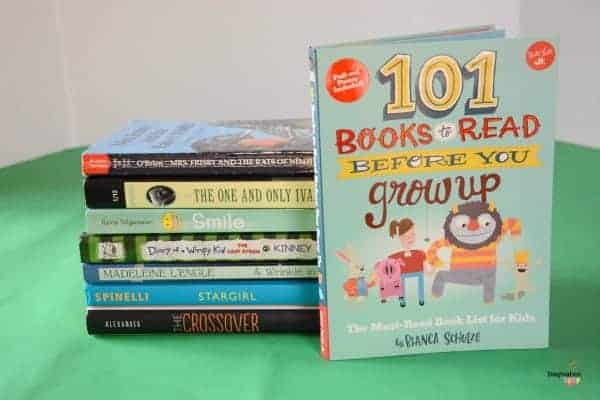
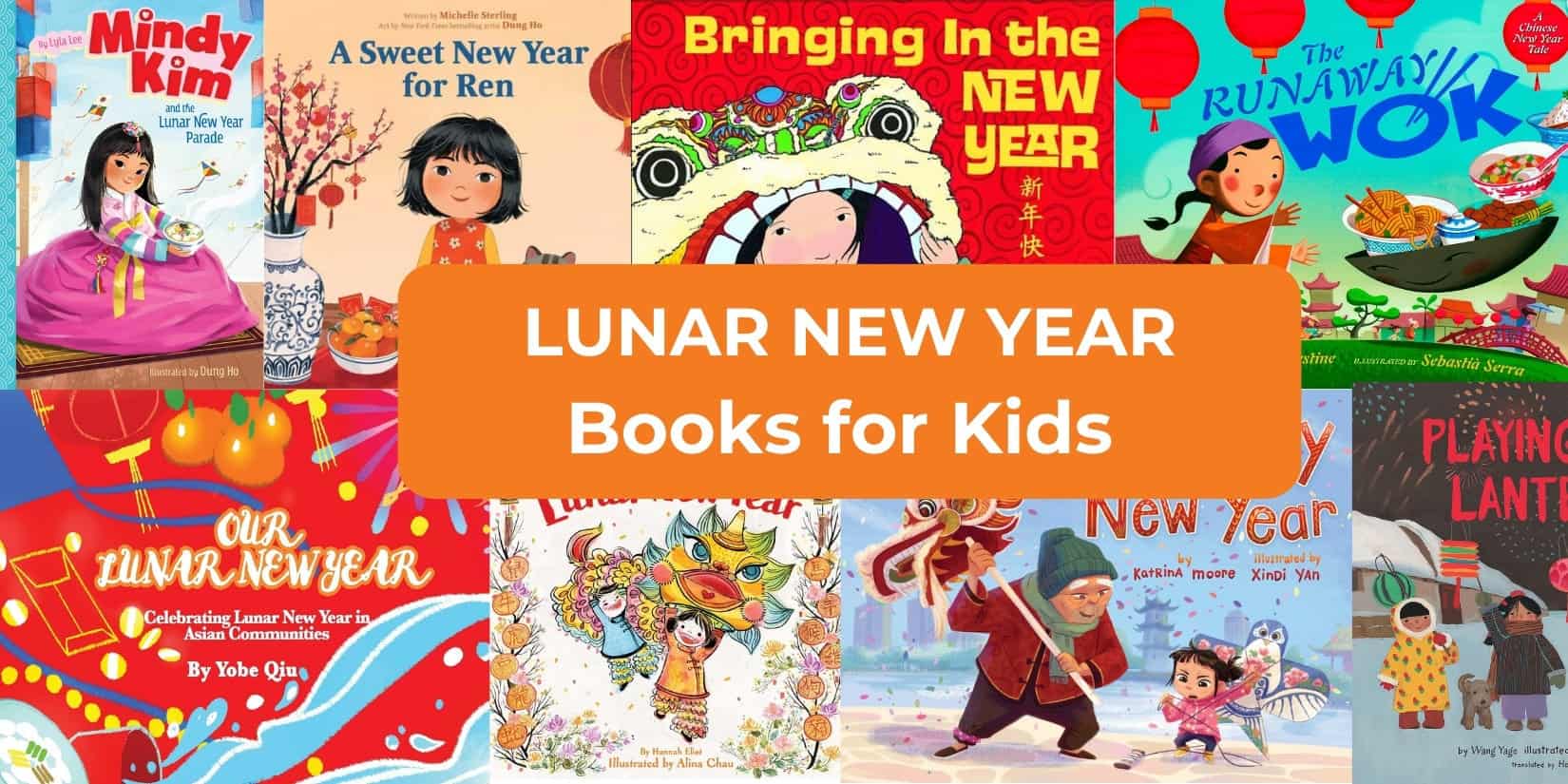
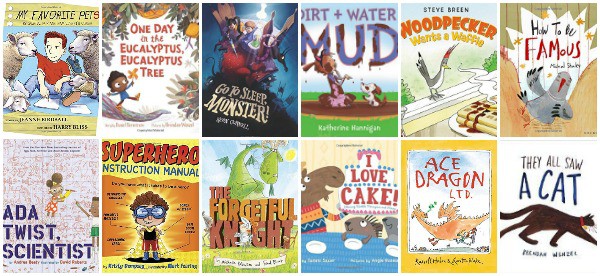
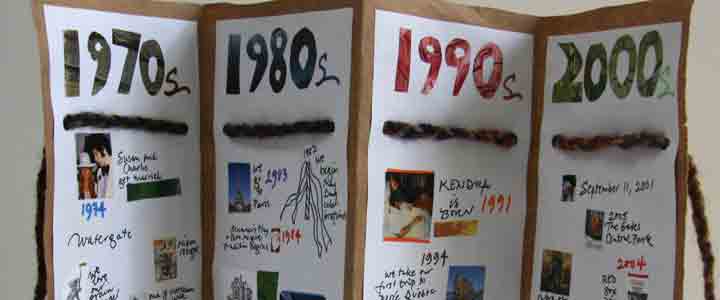
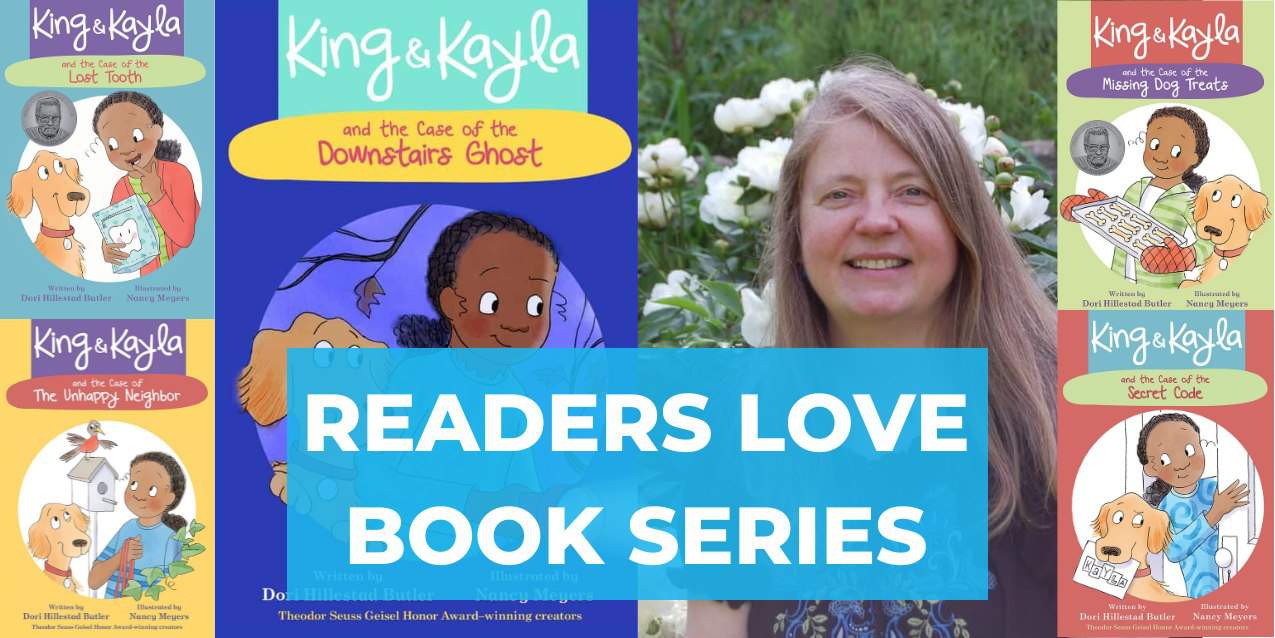
One needs to be very discerning about the tag ‘play-based’ preschools. Where I live, a lot of schools are far from play as understand it to be, yet they use it as a buzzword to sell themselves. A good play based preschool, no matter what its philosophical adherence is, respects children as competent and complete beings and respect who they are today rather than rush them out of childhood to parrot information.
Insightful piece, Melissa!!
You are so right! Until I interviewed Bodrova, I hadn’t realized just how important it was to discern – and I hadn’t trusted my own judgement, but the advice of others.
Thanks, Payal!
Such an informative post! My daughter’s school curriculum, Montessori, isn’t play based, but I chose to keep her only half day, so she has the other half of the day at home to play. She does have an hour of outside play time at her school where the children can usually be found engaging in imaginative play.
Waldorf early childhood IS play based. Play is an amazing learning modality for the young child, as well as an activity supporting neurological development. One of the few activities that stimulates so many areas of the brain.
yes, I differentiated Waldorf and Reggio Emilia in my article but they are both play-based.
I was a preschool teacher for 25 years, special education early childhood teacher for 15 and Kindergarten teacher for five years before my retirement. I always ascribed to the Piagetian, play based education model for young children. This type of environment provided a program that addressed the whole child. Children learn by doing – it is the process more than the end product. I also loved working with parents in a cooperative preschool that was play based as well. I was a fan of David Elkind (The Hurried Child, All Grown up and No Where to Go), Stanley Greenspan and T.Barry Brazelton and Margaret Schure (Raising A Thinking Child). I am 65 – and these authors may not be as prominent today as others, but, I urge you to take a look at them and you might find them relevant to your parenting style. Reading various authors on child development offer insight that may match your internal feelings about how best to teach/parent children. Susan at togethertime4families.com
Thanks, Susan, for commenting. I’m also a fan of the authors you mentioned. They are probably more relevant today than in previous decades and are must reads.
I consider my own childhood a tremendous gift to last a lifetime. Plenty of freedom for play and use of imagination, plenty of opportunity to interact with other children, (such as cousins and neighbors), and plenty of access to parents or grandparents, especially a kind and patient mother, made it idyllic. I personally am glad that I could be at home and not in a preschool.